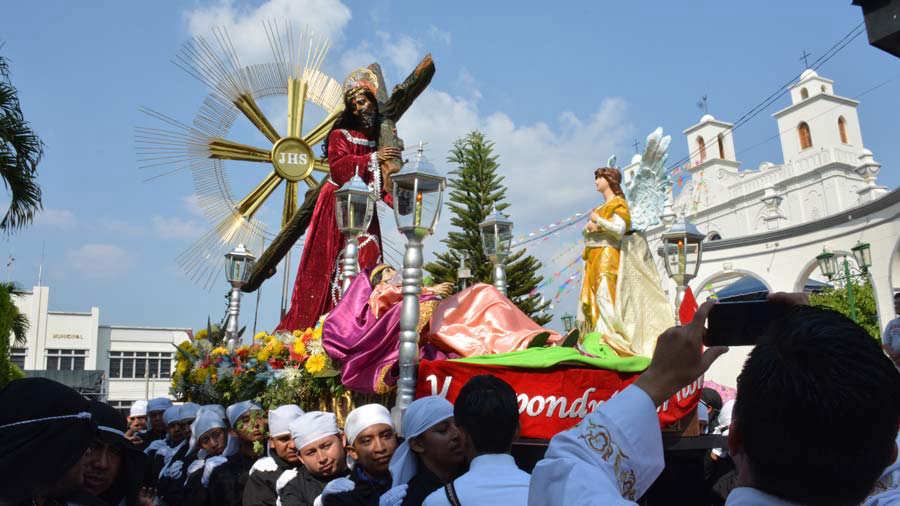
Second, I am concerned with the violent and oppressive social, cultural, and economic abuses and constraints imposed on the subaltern communities I come from, especially against Latina/Mexican women, young and old. First, I am a fronteriza, a woman raised on the U.S.-Mexican border near Juarez, Mexico, who is both directly and indirectly affected by this border violence as a young Latina/Chicana/Mexicana committed to social justice and change. My motivation for writing about Latina motherist activism is twofold. Much less has been written on the mothers of female maquiladora (foreign-owned factory) workers whose daughters have been tortured and killed in Juarez, Mexico, and who have organized to demand some acknowledgment of their daughters' deaths from local authorities. Activist mothers who have previously been researched and who are discussed throughout this paper are the highly publicized Madres de la Plaza de Mayo in Argentina and the motherist group CoMadres in El Salvador. The madres (mothers) in each country acted collectively to transfer empowerment from the private sphere of citizenship reserved for mothers and housewives to the public sphere of motherist activism. This paper explores the transformation of gendered citizenship into forms of resistance by Latina mothers of "disappeared" young women in Juarez, Mexico, while comparing their activism with the activist motherist groups in Argentina and El Salvador. Yet, the treatment of their children's bodies as disposable and their children's ultimate deaths prompted these women to challenge state institutions of power and violence against its citizens. Historically, Latina mothers' responsibilities and assigned roles are strictly placed within the confines of the home and the workplace, and they are forbidden by gendered norms and standards of citizenship to use their status as mothers for anything other than the proper rearing of their children. This essay examines the role Latinas have had in collectively resisting state violence and control through their roles as mothers of desaparecidos, the "disappeared." Although Latinas throughout the Americas are known to be activists in social movements and have protested forms of state control imposed on them as citizens for decades, this role of Latinas as mothers and resisters of state control has not been fully researched.

Sting, "Ellas Danzan Solas," Nada Comp El Sol


Frontiers: A Journal of Women Studies 23.1 (2002) 126-150


 0 kommentar(er)
0 kommentar(er)
